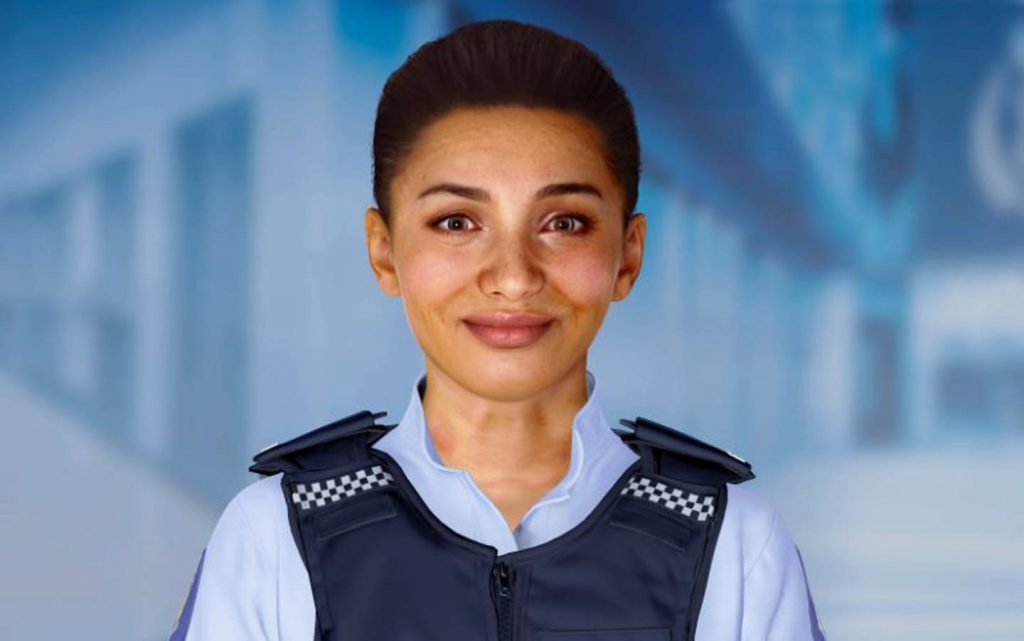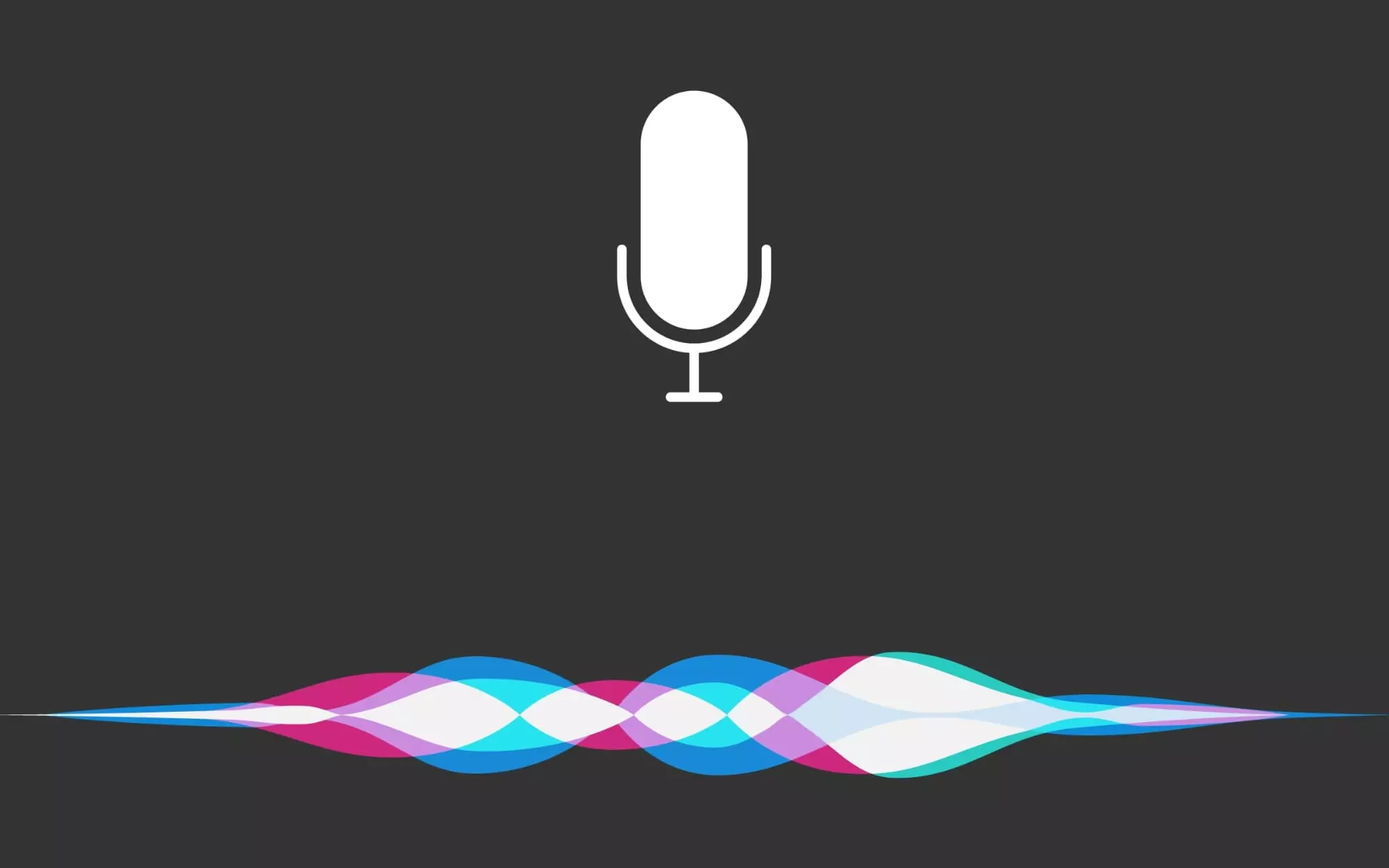Virtual assistants are proving to be efficient tools for improving officer safety and productivity, as well as for providing a more engaging interface to the community.
The widening popularity and availability of artificial intelligence (AI) technology is creating multi-use opportunities for police departments across the world to ensure that their human police officers are focused where they are needed most. In this article, we look at innovative examples from the US and New Zealand.
ELLA

To innovate and find creative ways to connect with the public, the New Zealand Police department has been trialing a new digital assistant named Ella.
The Electronic Life-Like Assistant (Ella) is an AI-powered animation, designed to assist the concierge team and talk to visitors about the agency’s services at the lobby of the police National Headquarters in Wellington. Although, in the future, it may also provide a variety of non-emergency services.
“This trial is designed to help police understand if a digital person makes sense in a policing context, but Ella could eventually provide a variety of non-emergency services and advice in more places and on more devices, such as the NZ Police app and Police Connect,” said New Zealand Commissioner of Police, Mike Bush.
The technology, created by Intela AI and Soul Machines, can deduce the best way to speak with people from body language and tone of voice. It has been programmed to have a full-on conversation, with a realistic voice, tone, speech, body language, and even simulate the appropriate facial expressions in real-time.
“Ella’s capabilities are basic at this stage as she is a Proof of Concept, but we see some real benefits of digital person technology if we can equip the AI with more knowledge and capabilities, and it can learn from more interactions.,”added Commissioner Bush.
Alexa-like Assistant Zenext
A team of recent graduates from the School of Informatics and Computing and the School of Science at IUPUI (Indiana University-Purdue University Indianapolis), have been awarded over $100,000 USD for developing AI technology to help police officers conduct their work more safely and efficiently.
Similar to Siri or Alexa, Zenext is a voice-command virtual assistant based on Google Assistant that helps law enforcement conduct critical tasks, hands-free.
“As technologies like artificial intelligence and voice automation mature, it’s important to tailor their capabilities to specific tasks and professions,” said Sonny Kirkley from the School of Informatics and Computing.
For example, officers can look up license plate numbers through voice command while pursuing drivers, or share critical information using hands-free email or radio communications.
“I think our collaboration with law enforcement enhanced the authenticity of our project…You need to talk to real people about real problems if you want to add value. Along with technology, I think the biggest part of our success in the competition was the human-centered design,” said the Program Manager, Majumdar Swarnamouli.
Apollo AI

Police officer, tech enthusiast and second place in the ‘Miami Tech to Protect Challenge,’ Austin Handle, has built his own AI application for law enforcement.
Apollo AI is a virtual assistant that talks, texts, and emails important information to public safety officials all on voice command, working very similar to J.A.R.V.I.S (states Handle), the virtual assistant in the fiction movie Iron Man.
“We do have a dashboard built into (it) so you can see this information as it’s coming in, but you get it all in your headset and it sounds like a normal person talking to you,” said Handle.
Handle started out as an officer for a small campus police department and built Apollo to solve critical communication and technological issues that he experienced day-to-day during his shifts.
“It’s pretty much everything that I could imagine we could do without eliminating a dispatch center altogether. Apollo is designed out of that nature and that necessity,” he continued.
After putting a large amount of work put into the hands-free web app and virtual assistant, Handle said he found the contest after seeking grant funding opportunities for his project: “I stumbled across Tech to Protect the day it launched by chance and saw that Apollo fit(ted) into three of the contest areas…I was excited. These are the actual problems that we need to solve.”
Austin Handle is fantastic proof that you don’t need to be an investor-fuelled Silicon Valley start-up to produce essential police technology. Perhaps you could design the next useful product or app to be used widely in the field?

